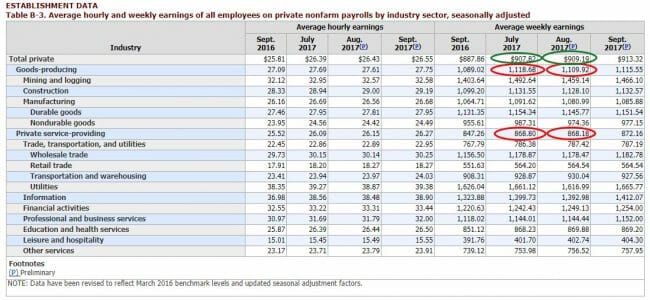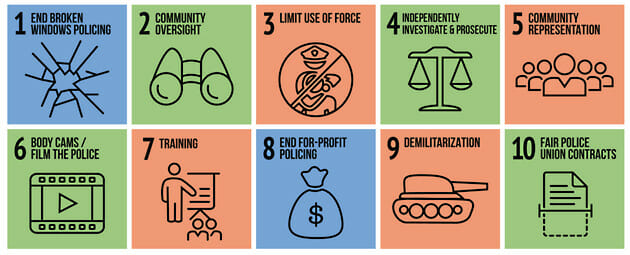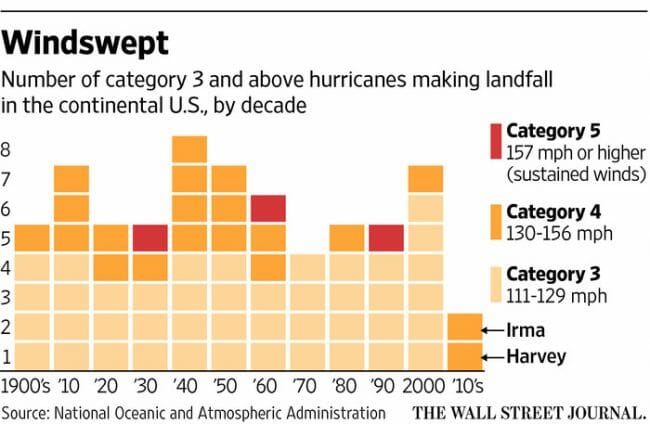A lot of people on Twitter get freaked out when they see football players kneeling for the national anthem, or detect obscure micro-agressions in some online statement. When I venture onto Twitter, which I am still not sure is good for my mental health, I get freaked out by this:
My initial response on Twitter was "Of course they are if you leave out the efficiency of converting fuel to electricity". I will explain this response more in this post.
It would be impossible to say that Eric Schmidt is not a smart guy or lacks technical training. I'd like to think that he would quickly understand his error and say that he would have said it better when he has 280 characters. But soooo many people make this mistake, including the folks who write the electric vehicle MPGe standards for the government, that it is worth explaining why Mr. Schmidt's statement, as written, is silly.
Let's first look at what the terms here mean.
- When we say that electric motors are 97% efficient, we mean that the actual physical work produced per unit of time is 97% of the electrical power used by the motor, which equals the current flowing to the motor times its voltage.
- When we say that the internal combustion engine is 45% efficient, we mean that the physical work we get out of the engine is 45% of the heat liberated from burning its fuel.
By the way, both these efficiency numbers are the top end of current technology running at an ideal speed and percentage load. In real life, efficiencies of both are going to be much lower. Of the two numbers, the efficiency number for internal combustion is probably the most generous -- for non-diesel engines in most cars I would be surprised if the actual efficiency was much higher than half this figure. Even average electric motors will still be in the 80's.
Here is the problem with what he tweeted
The problem with Schmidt's statement on its face is that he is comparing apples and oranges -- he has left out the efficiency in actually producing the electricity. And for the vast, vast majority of the country, the marginal fuel -- the fuel providing the electricity for the next increment of load -- is going to be natural gas or coal. His numbers leave out that conversion step, so let's add it in.
Actual power plants, depending on their age and use, have a wide range of efficiency numbers. For example, a big combined cycle plan is more efficient that a gas turbine, but a gas turbine is useful because it can be started and stopped really quickly to react to changes in load. Schmidt used leading-edge efficiency numbers so I will do the same. For a coal plant the best numbers are in the high forties. For a gas plant, this can reach into the 50's (this site says 60% but that is the highest I have ever seen). We will take 50% as a reasonable number for a very very efficient power plant. Power plants, by the way, since they tend to run constantly at ideal speeds and loads can get much closer to their ideal efficiency in real life than can, say, internal combustion engines.
After the electricity is produced, we have to take into account line and transformer losses (and in the case of electric cars the battery charging losses). This obviously varies a lot but I have always used a figure of 10% losses so a 90% efficiency number.
Taking these numbers, let's convert the 97% efficiency number for electric motors to an efficiency number all the way back to the fuel so it is apples to apples with internal combustion. We take 97% times 90% transmission efficiency times 50% electricity production efficiency equals 43.6%. This is actually less than his 45% figure. By his own numbers, the electric motor is worse, though I think in reality with realistic efficiency numbers rather than best-possible numbers the electric motor would look better. The hard step where one is really fighting the laws of thermodynamics is the conversion of heat to work or electricity. So it is amazing that a tiny power plant in your car can even be in the ballpark of giant optimized multi-stage power plants.
Here is why electric motor efficiency is almost irrelevant to getting rid of fossil fuels
Very efficient electric motors are necessary to moving to a non-fossil fuel economy, but not because of small increments in efficiency. The reason is that large parts of our energy-using technology, mostly vehicles, run on a liquid fuel directly and this distribution for the fuel is already in place. To replace this liquid fuel distribution system with something else is really expensive. But there does exist one other energy distribution system that has already been built out -- for electricity. So having efficient electric motors allows use of non-gasoline energy sources if those sources can be turned into electricity. For example, there are real advantages to running vehicles on CNG, but there is no distribution system for that and so its use has been limited to large fleets (like city busses) where they can build their own fueling station. But electric cars can use electricity from natural gas, as well as solar and wind of course that have no other distribution method other than by electricity.
The problem with all this is that most of the barriers to using electricity in more applications are not related to motor efficiency. For vehicles, the problem is in energy storage density. Many different approaches to powering automobiles were tried in the early days, including electric and steam powered cars. The main reason, I think, that gasoline won out was due to energy storage density. 15 gallons of gasoline weighs 90 pounds and takes up 2 cubic feet. This will carry a 40 mpg car 600 miles. The Tesla Model S 85kwh battery pack weighs 1200 pounds and will carry the car 265 miles (from this article the cells themselves occupy about 4 cubic feet if packed perfectly but in this video the whole pack looks much larger). We can see that even with what Musk claims is twice the energy density of other batteries, the Tesla gets 0.22 miles per pound of fuel/battery while the regular car can get 6.7. More than an order of magnitude, that is simply an enormous difference, and explains the continued existence of internal combustion engines much better than electric motor inefficiencies.
And here is why electric vehicle equivalent MPG standards are still screwed up
I don't really have the energy to write about this again, but because these issues are so closely related I will quote myself from the past. Suffice it to say that after years of development, the EPA made nearly the exact same mistake as did Mr. Schmidt's tweet. This Despite the fact that the agency had already developed an accurate methodology and then abandoned it for a flawed methodology that produced inflated numbers for electric vehicles. There is more than one way for the government to subsidize electric vehicles!
The Fisker Karma electric car, developed mainly with your tax money so that a bunch of rich VC's wouldn't have to risk any real money, has rolled out with an nominal EPA MPGe of 52 in all electric mode (we will ignore the gasoline engine for this analysis).
Not bad? Unfortunately, it's a sham. This figure is calculated using the grossly flawed EPA process that substantially underestimates the amount of fossil fuels required to power the electric car, as I showed in great depth in an earlier Forbes.com article. In short, the EPA methodology leaves out, among other things, the conversion efficiency in generating the electricity from fossil fuels in the first place [by assuming perfect conversion of the potential energy in the fuel to electricity, the EPA is actually breaking the 2nd law of thermodynamics].
In the Clinton administration, the Department of Energy (DOE) created a far superior well to wheels MPGe metric that honestly compares the typical fossil fuel use of an electric vs. gasoline car, using real-world power plant efficiencies and fuel mixes to figure out how much fuel is used to produce the electricity that goes into the electric car.
As I calculated in my earlier Forbes article, one needs to multiply the EPA MPGe by .365 to get a number that truly compares fossil fuel use of an electric car with a traditional gasoline engine car on an apples to apples basis. In the case of the Fisker Karma, we get a true MPGe of 19. This makes it worse than even the city rating of a Ford Explorer SUV.







